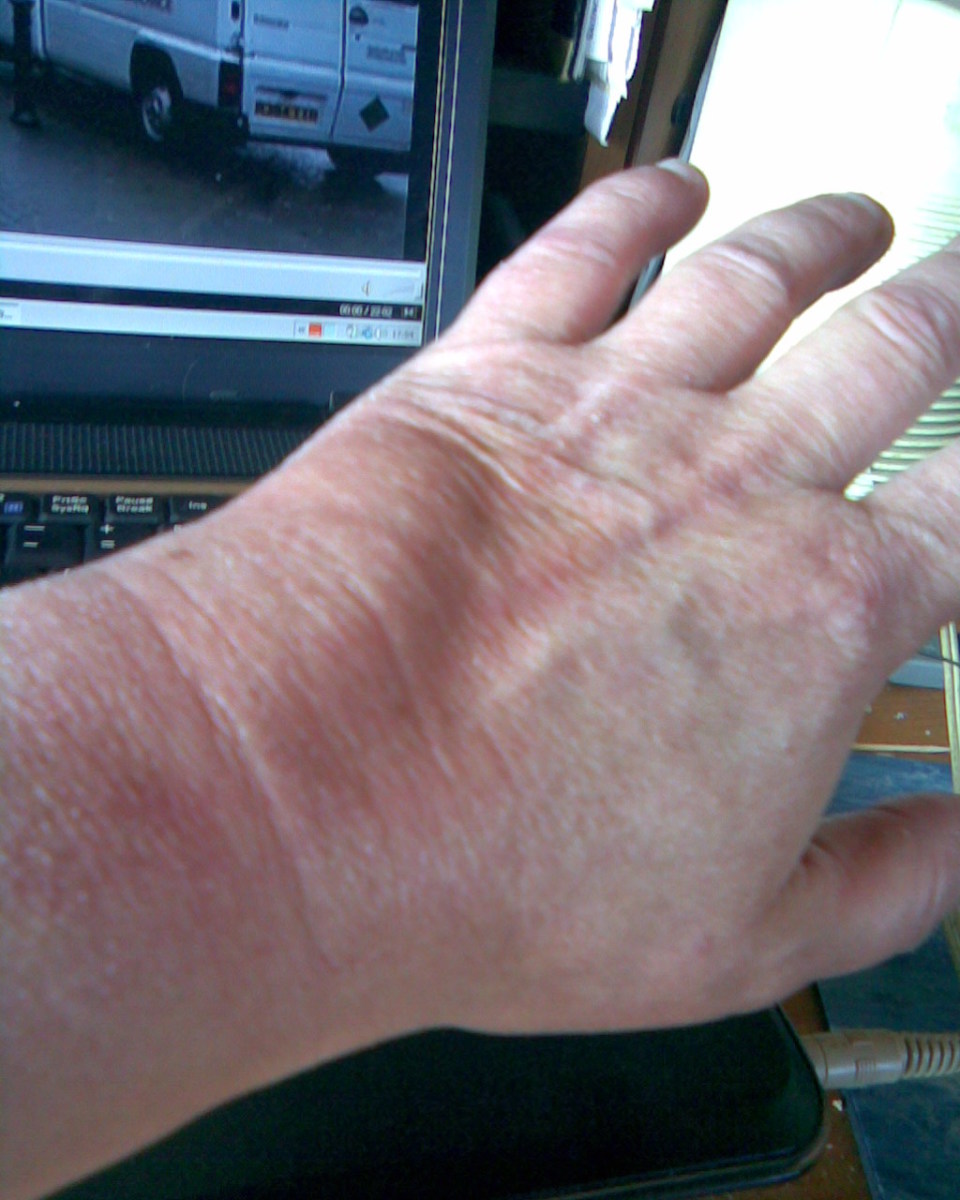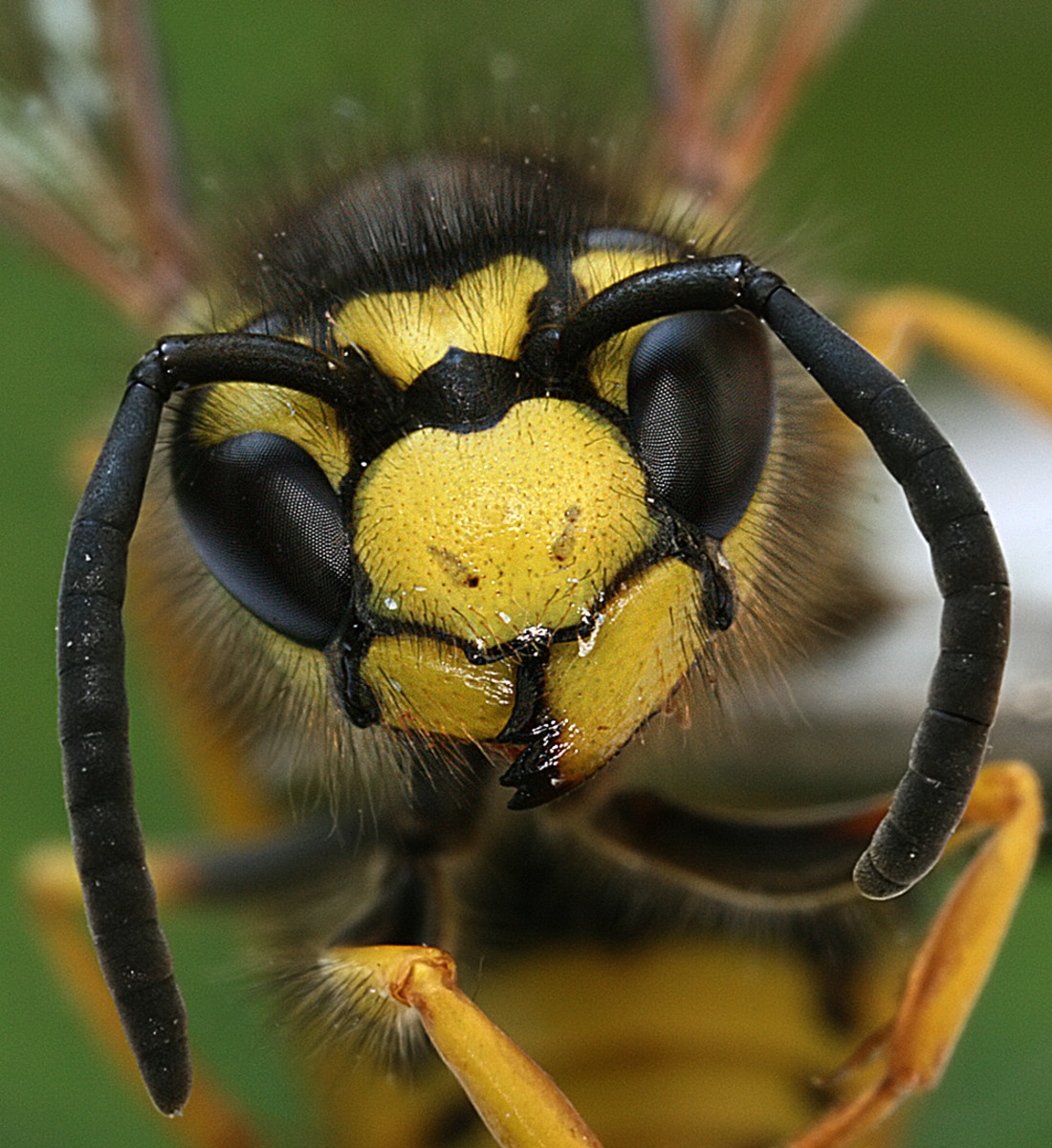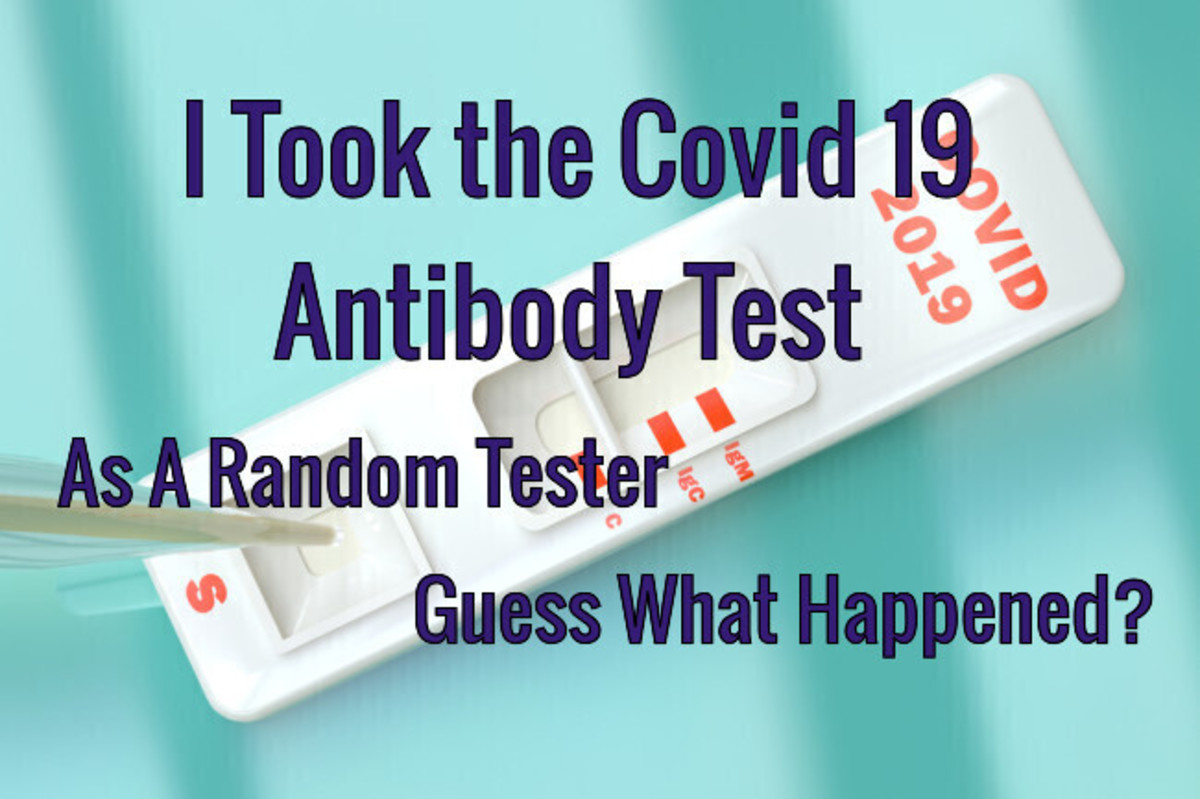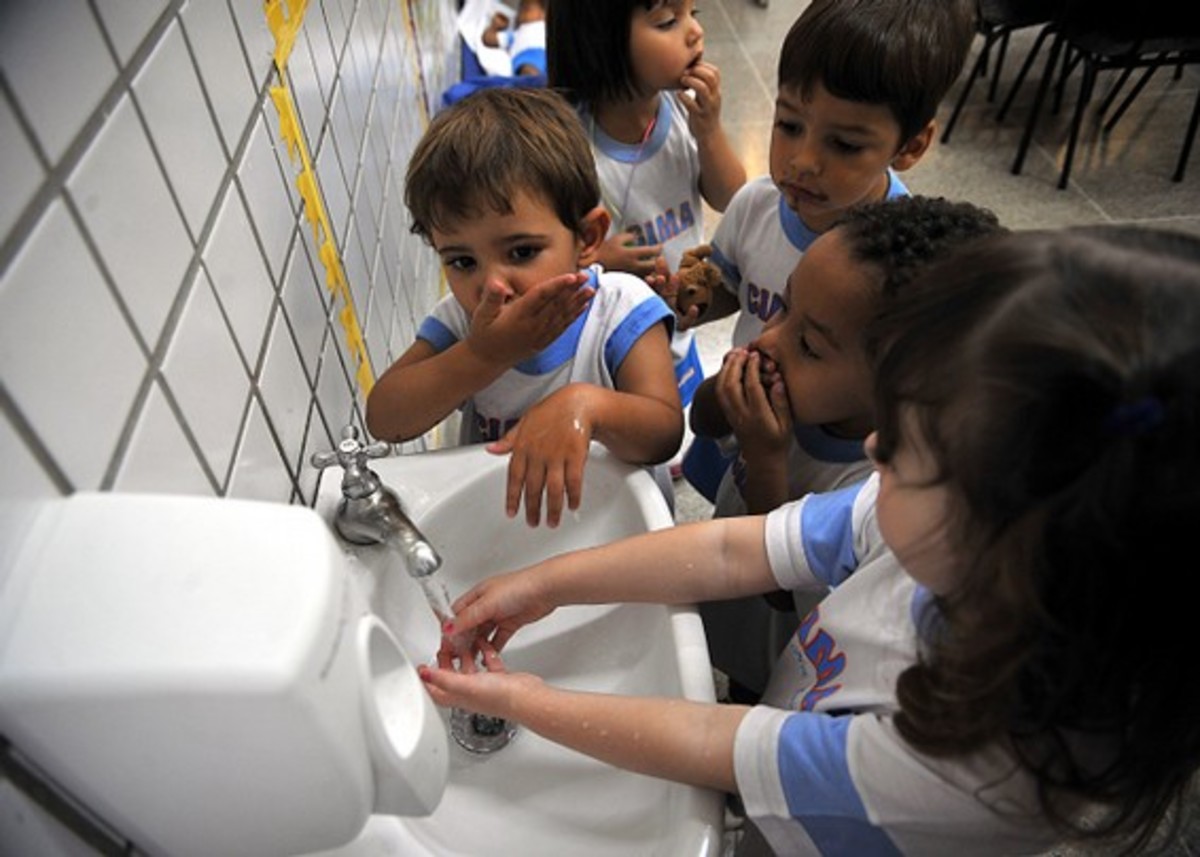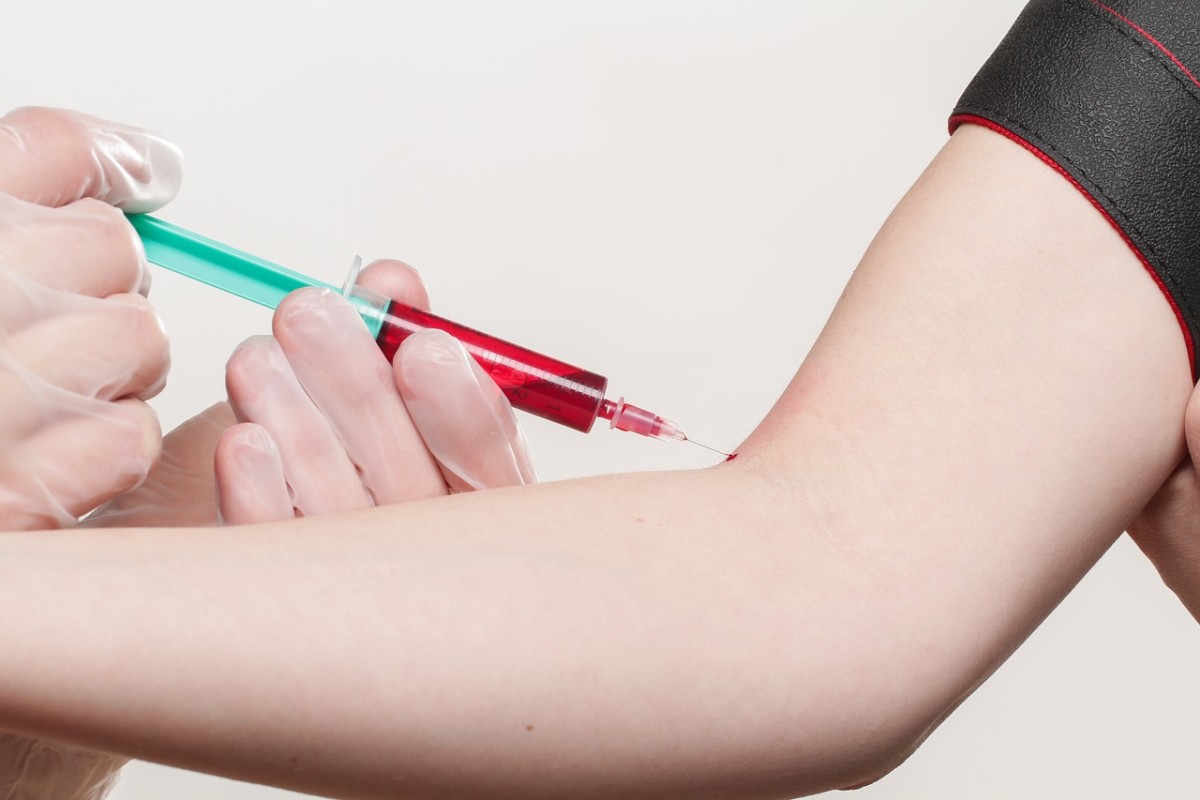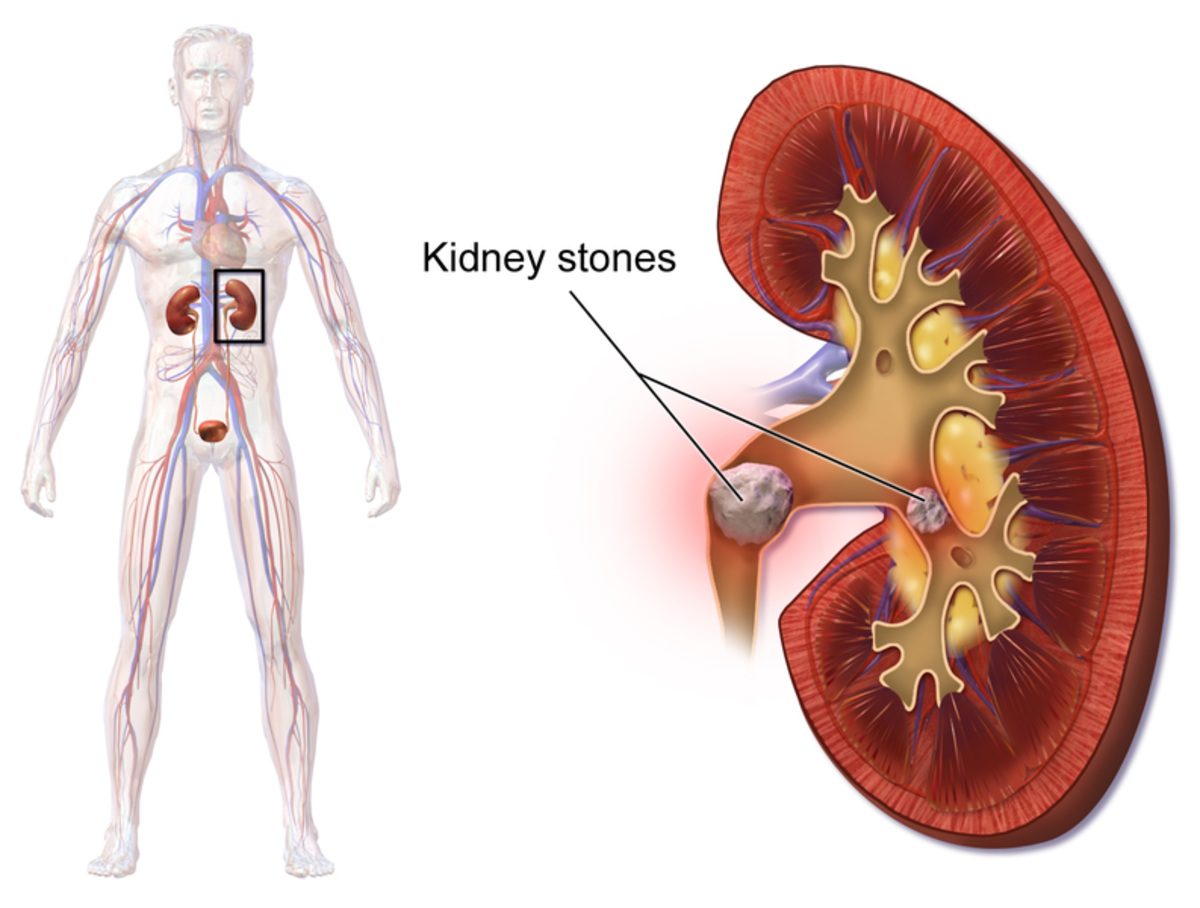What are Antibodies?
Antibodies are complex molecules manufactured in the body of an organism as a reaction to the presence of other complex molecules, called antigens. The role of antibodies is primarily defensive; they combine with antigens that enter an organism, and they thus may neutralize possible harmful effects of the antigens.
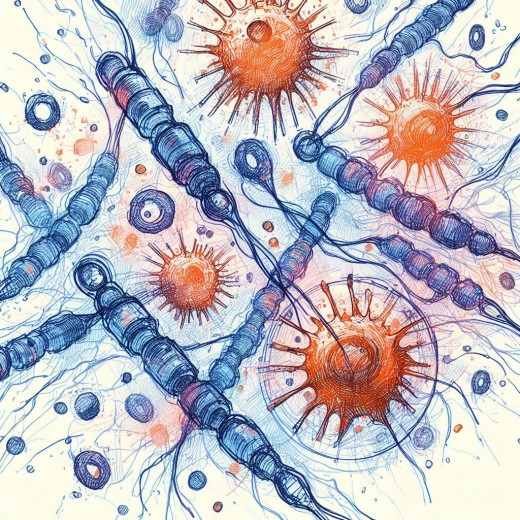
Properties and Actions
Antigens generally are large molecules, usually protein or polysaccharide in nature,, with molecular weights over 10,000. The antibodies produced by the body are proteins of the blood plasma and are classified as gamma globulins.
When an antibody is manufactured, it is formed for a specific invading antigen. For example, antibodies against bacteria and viruses tend to inhibit their activity by combining with specific molecules in the outer coatings of the microorganisms, thus blocking their effects. Also, neutralizing antibodies, called antitoxins, may be formed in response to the poisonous proteins, or toxins, released by certain invading bacteria.
Antibodies formed in one organism against a familar disease will confer temporary immu-aaty against the disease if injected into another organism. Also, a harmless strain of a particular microorganism, as in a vaccine, may stimulate the formation of antibodies that are effective not only against that harmless strain, but also against very virulent strains of the same microorganism.
Antibody Formation
At birth, the ability to form antibody is concentrated in the thymus gland, which forms lymphocytes- a variety of white blood cell that is carried to the lymph nodes. When thymus glands are removed from mice immediately after birth (before the lymphocyte machinery can be set up) the mice soon die of simple infections that ordinarily would not be dangerous.
As the organism matures, antibodies are manufactured in lymphatic tissue centers, such as lymph nodes, spleen, and bone marrow, by large lymphocytes called plasma cells. It is believed that the presence of an antigen stimulates these lymphatic centers to manufacture antibody- producing plasma cells. Initially, the spleen is most active in production; its activity decreases as the bone marrow and other lymphoid tissue become active. As for the actual structure of the antibody, evidence seems to indicate that it is controlled genetically rather than being molded in template fashion on the antigen.
Occasionally, human beings are born without the capacity to form the antibody-containing gamma globulins. Those suffering from such agammaglobulinemia die soon of infection unless massive antibiotic therapy is used.
Antibody Reactions
Antibodies are highly specific, and they will react only with the antigen that stimulated their formation or with very similar antigens. For instance, an antibody that is sensitive to human blood will not react with chicken blood.
Virus Invasion Response
Antibodies formed in response to a virus invasion will persist in the blood stream for long periods. Even if they are declining in concentration, the antibodies can build up to high levels as soon as contact with virus is renewed. It is for this reason that after a single attack of measles, chickenpox, or mumps, the patient is permanently immune to those diseases. However, in the flu or the common cold, viruses frequently develop new strains that must be countered by new antibodies; immunity in such cases is only temporary.
Allergic Reaction
The machinery of antibody formation sometimes is set in motion by proteins that are essentially harmless. This is an allergic reaction, and the body is said to surfer from an allergy. An allergy can be merely inconvenient, as when a sufferer must avoid certain foods (food sensitivity) or take precaution against some kinds of plant pollen (hay fever). It also can be a matter of life or death, as when a patient develops a sensitivity against a drug that might, under normal conditions, save his life. In hypersensitive persons an allergic reaction to a foreign antigen can be strong enough to kill; this is called anaphylactic shock.
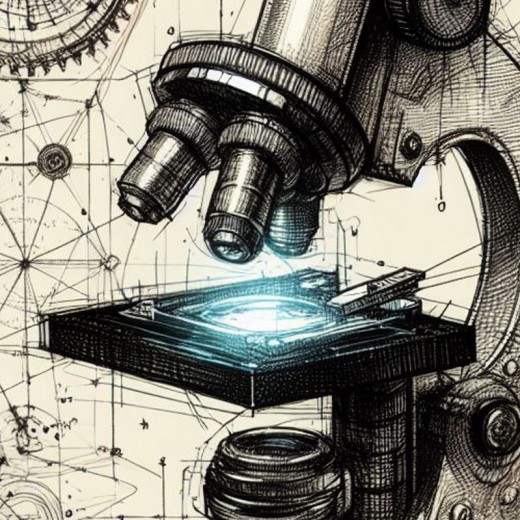
Reactions Within and Between Species
Individuals within a species possess molecules sufficiently different to allow one member of the species to develop antibodies against the corresDonding molecules of the other. This is most notably true in the case of blood where, for instance, a person with blood type A will develop antibodies against the substances in the red cells of blood type B, and vice versa. It was not until this mechanism was understood that blood transfusions were carried out only among compatible blood types and thus could be relied on to save rather than kill.
The formation of antibodies by one person against the tissue components of another person makes tissue transplantation difficult. An organ or piece of tissue from one individual usually will not "take" in another individual because of antibody formation and consequent rejection of the foreign tissue. Transplants are most successful when made between identical twins for such twins have the same tissue components and thus antibodies are not formed.
Relationships among species can be detected by antibody reactions. Antibody reacting to human blood will respond weakly to chimpanzee blood; while antibody reacting with chicken blood will respond weakly to duck blood. The stronger the reaction, the closer the relationship of the species being tested.
Autoimmunity
There is even the possibility that under certain abnormal conditions the body may form antibodies against some of its own components. It forms an immunity against itself, so to speak, producing a variety of disorders that are classified as autoimmune diseases.
This content is accurate and true to the best of the author’s knowledge and is not meant to substitute for formal and individualized advice from a qualified professional.
© 2010 Bits-n-Pieces

